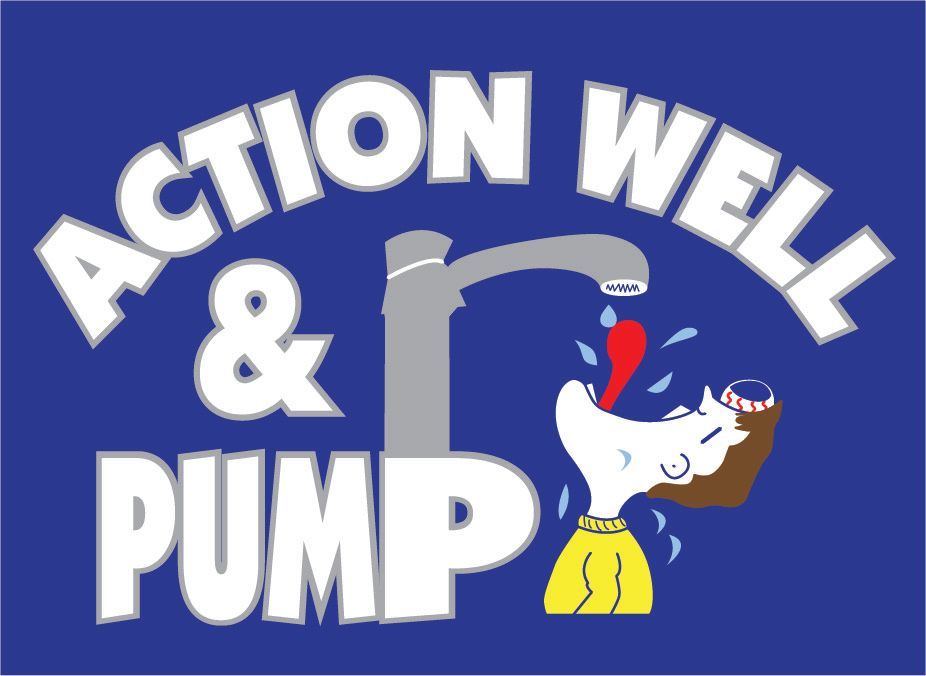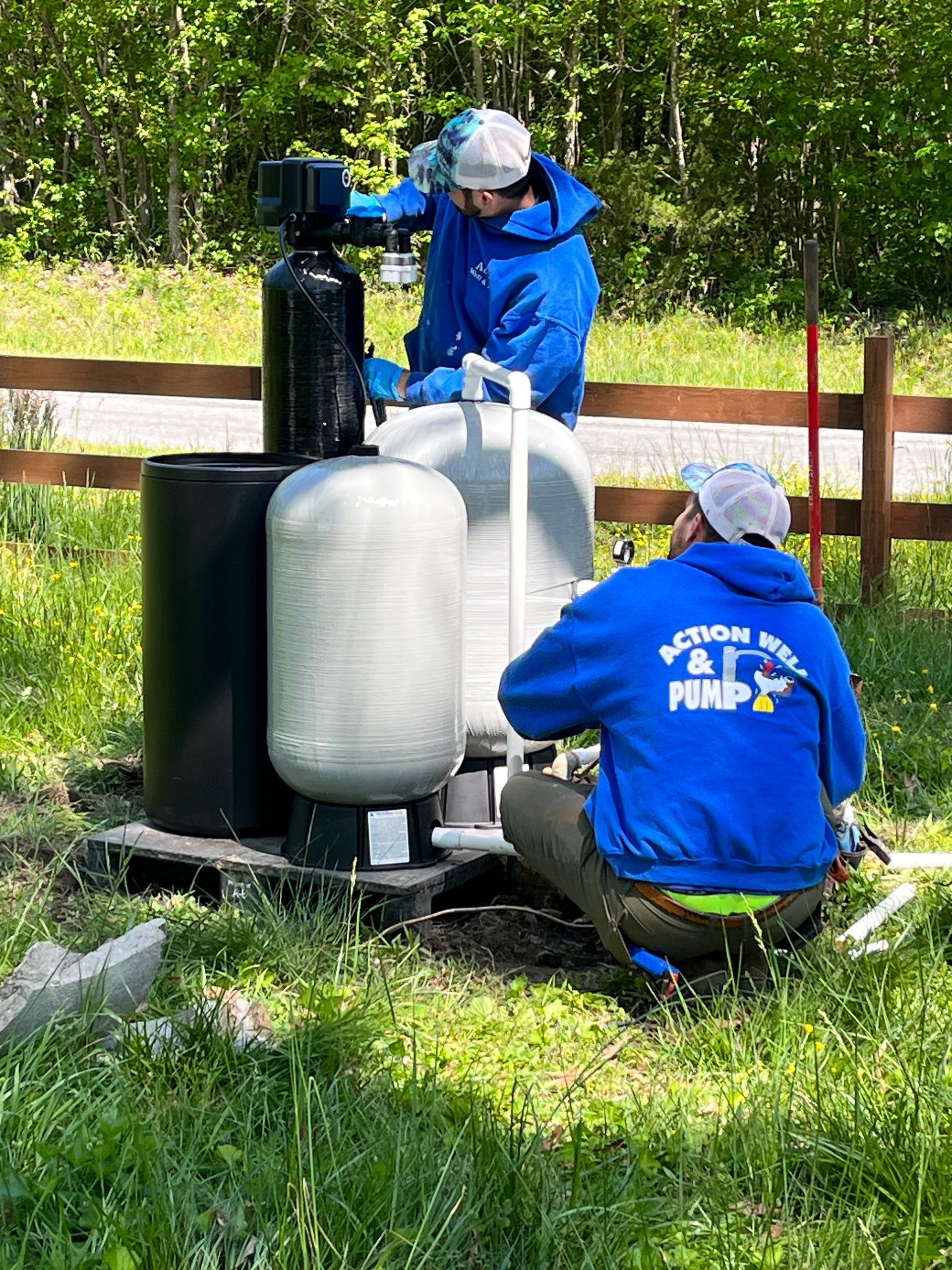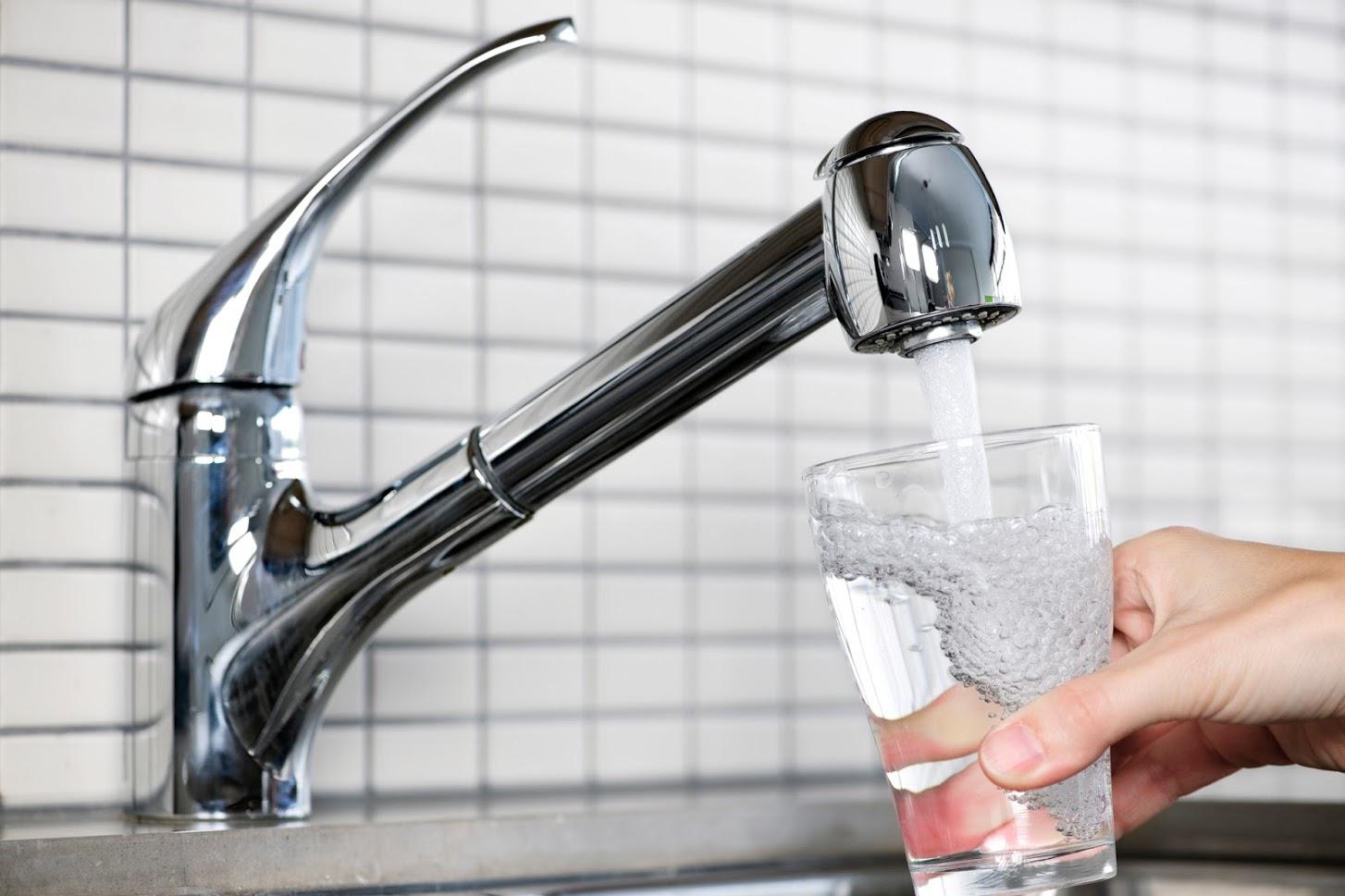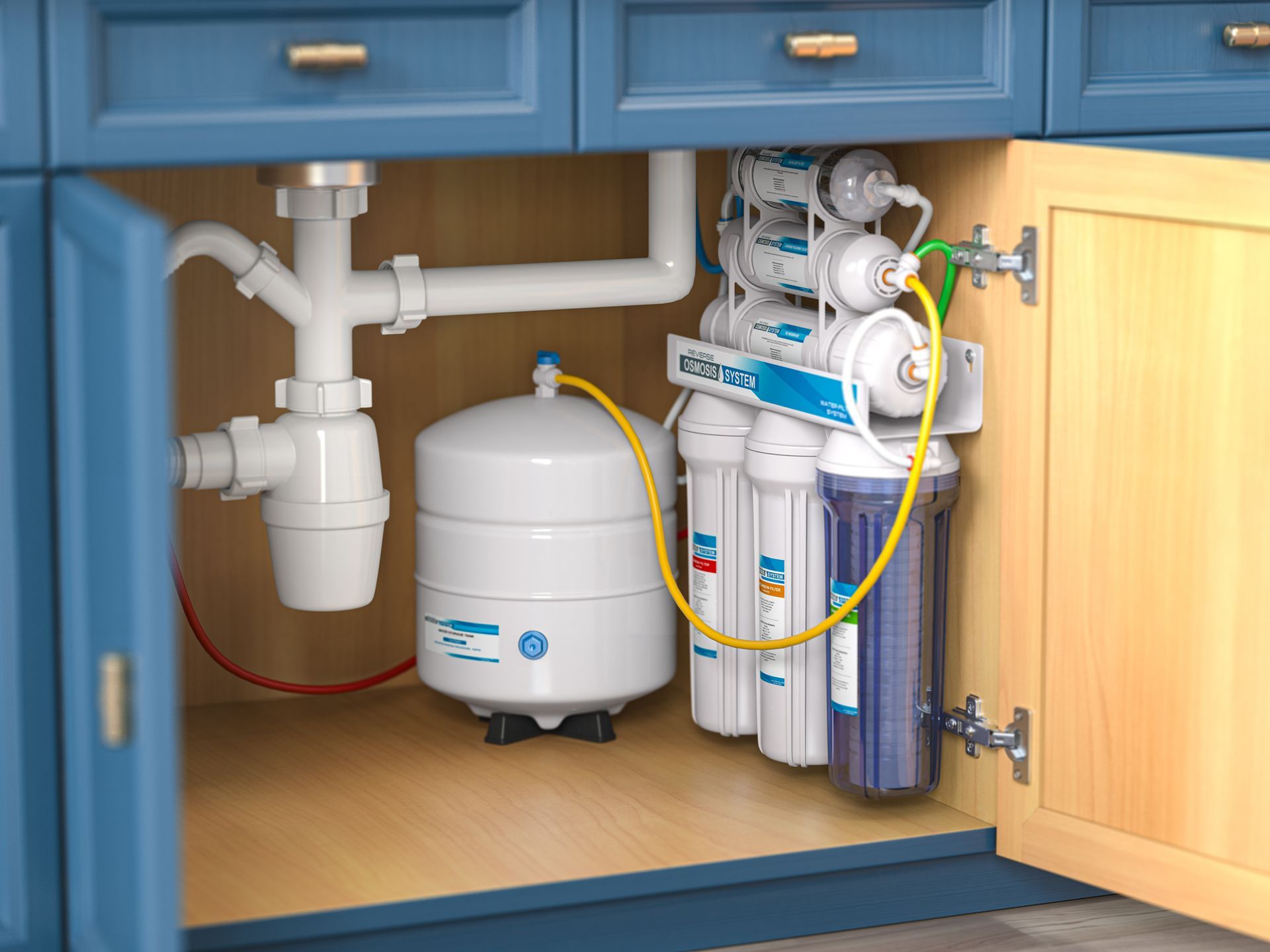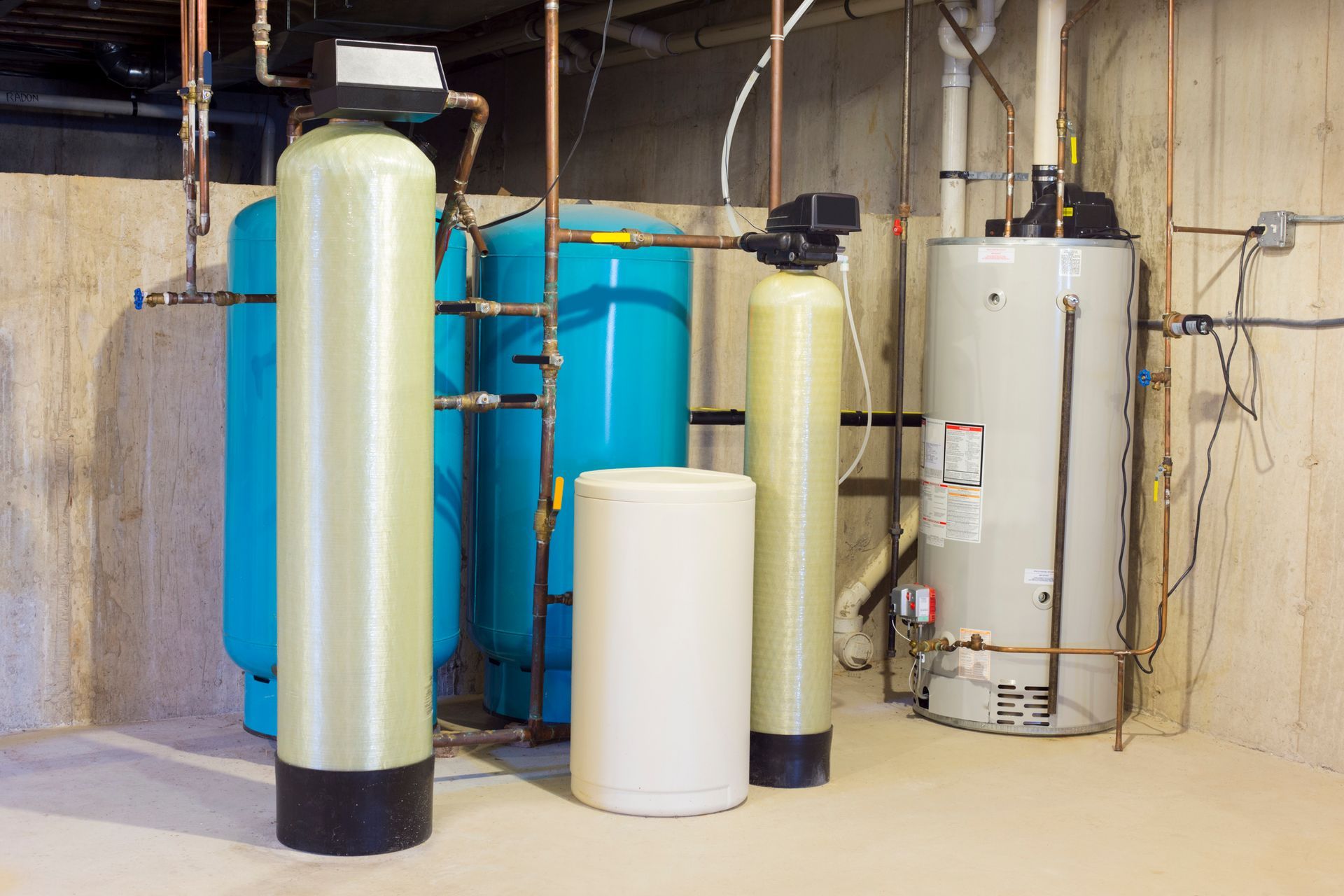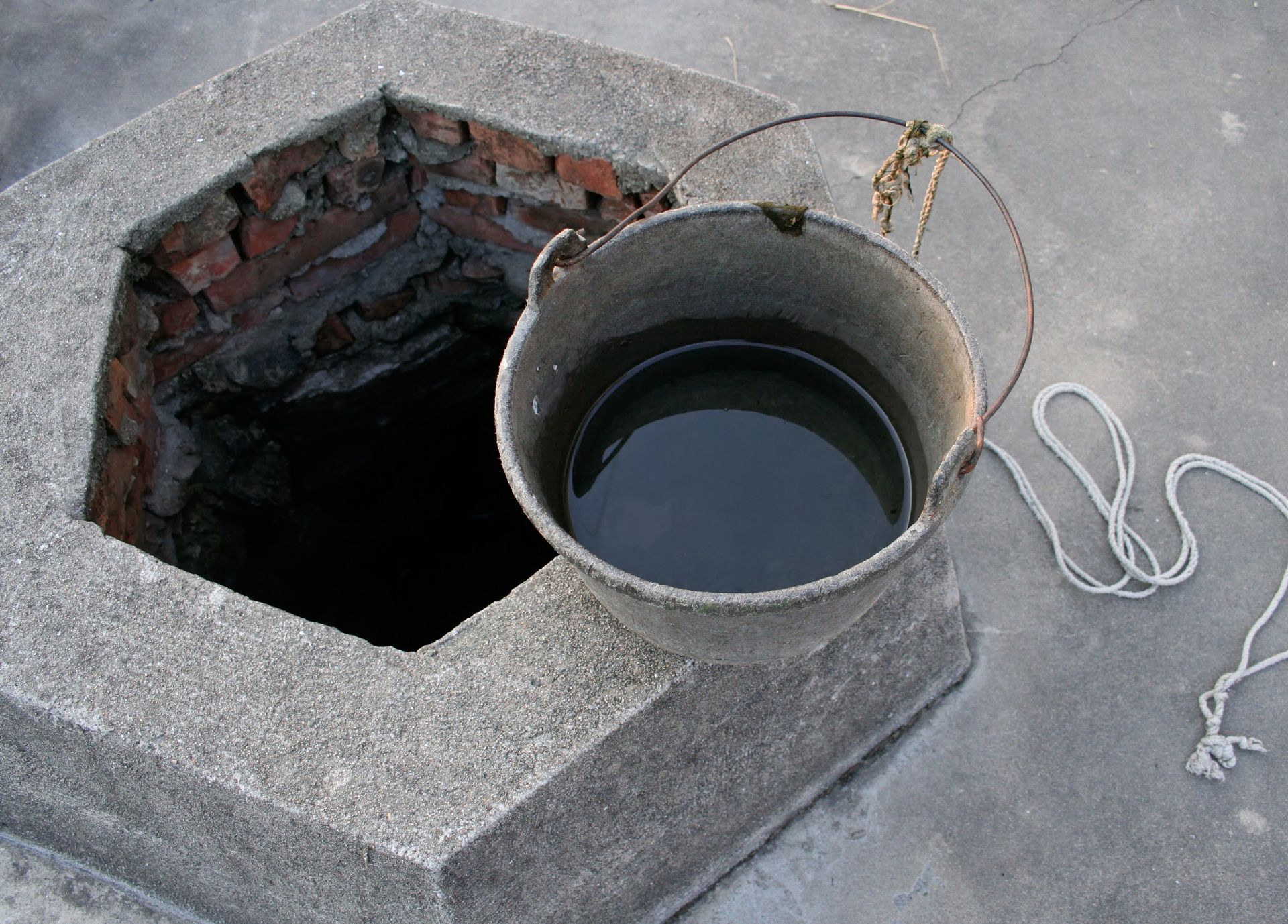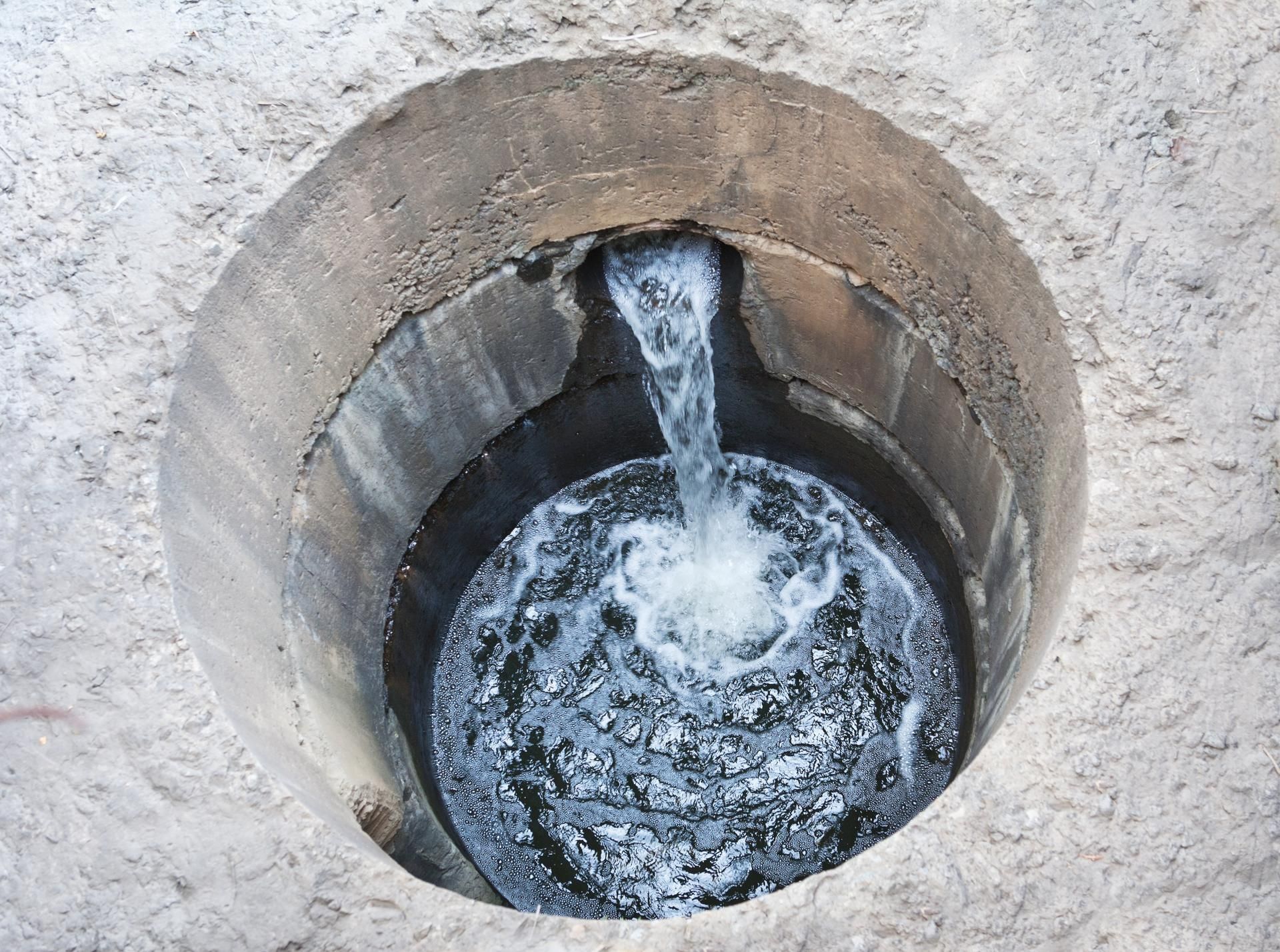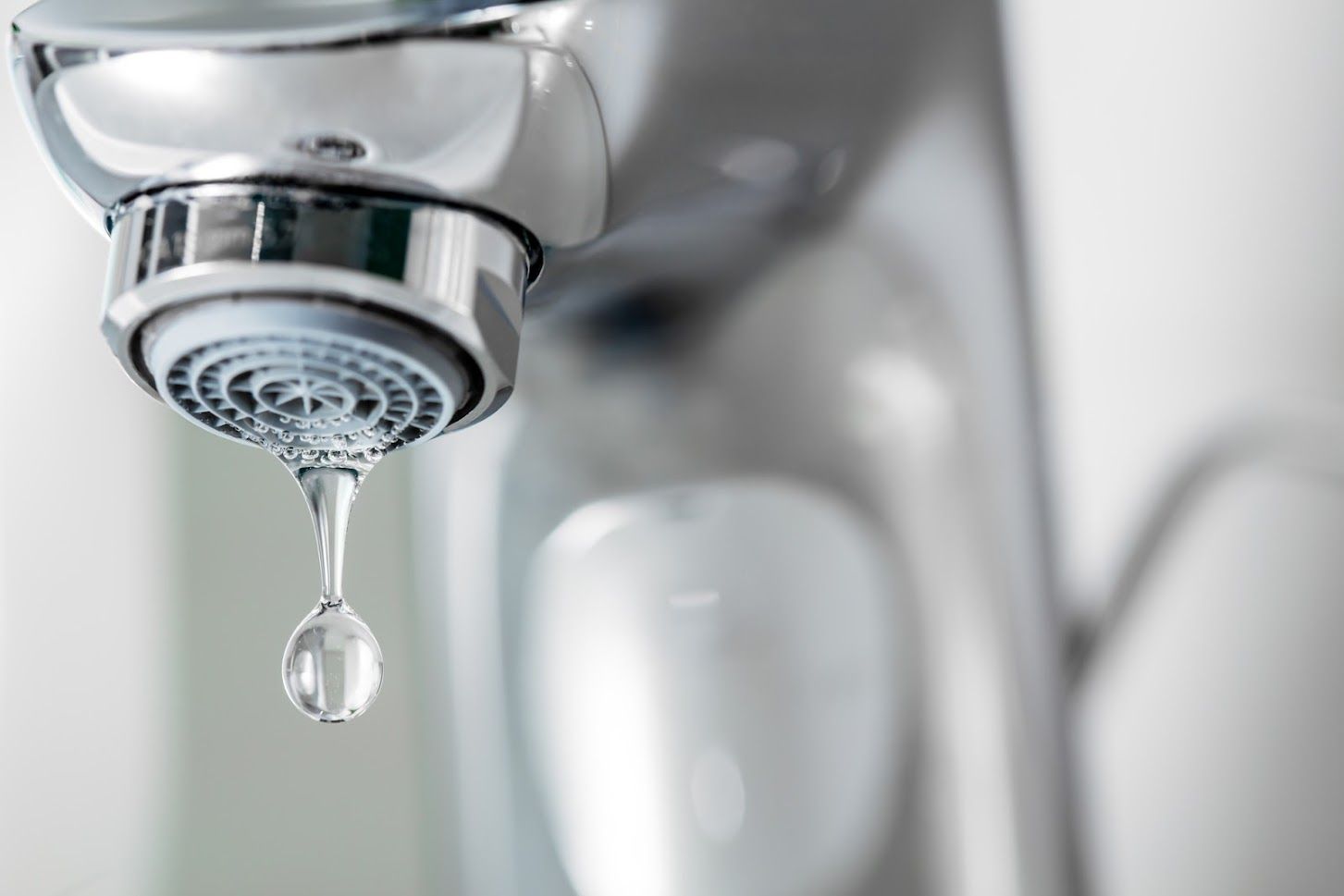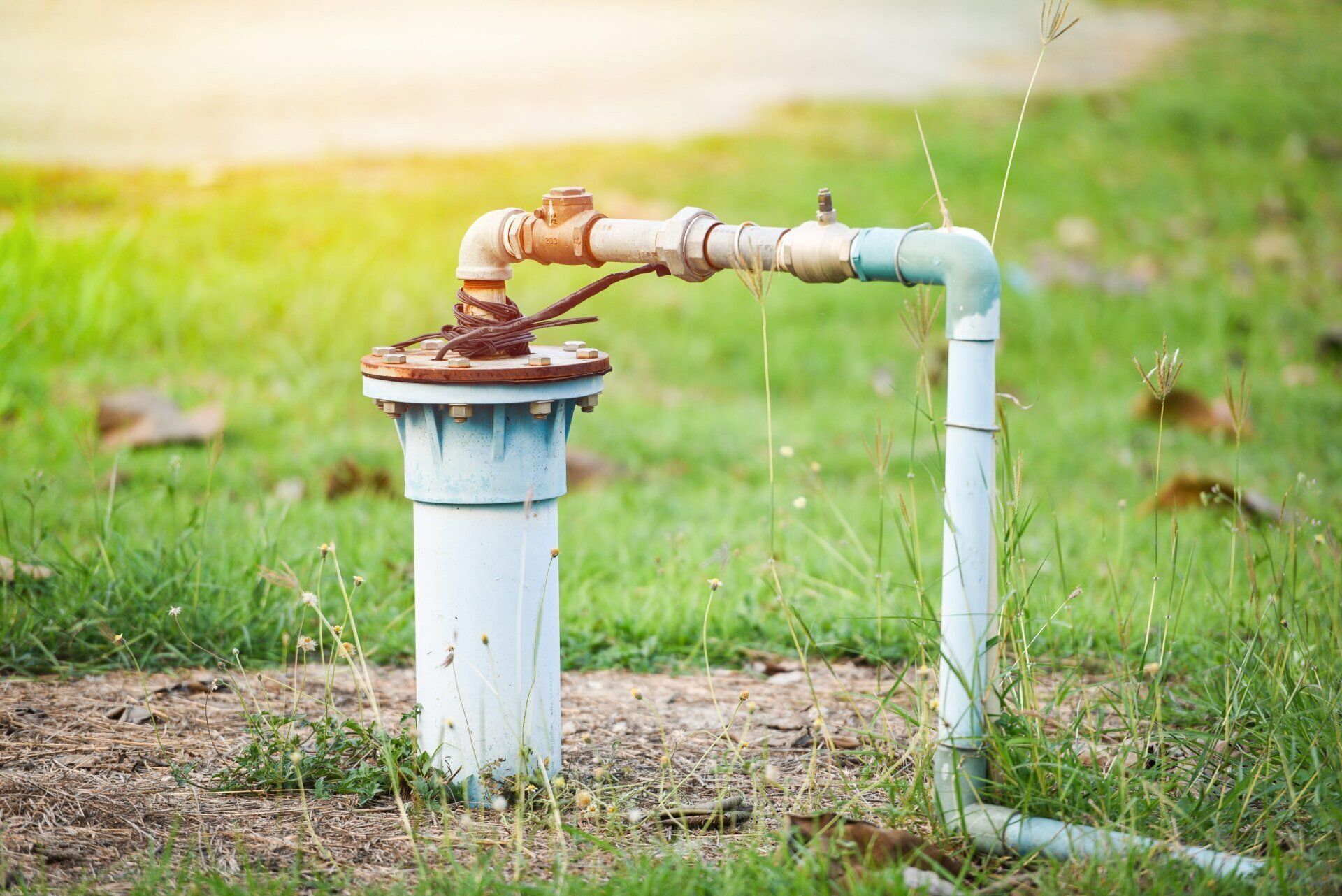Factors That Determine Well Depth
The desired depth of a well determines the overall cost of the project. The depth depends on various factors, most of which are out of your control. Below are some of these factors.
Water Table Fluctuations
The water table is the upper limit of underground water. Water saturates the ground below the water table, while the ground above is unsaturated. The well will draw its water from the underground water so it should be deep enough to reach the water table.
Unfortunately, the water table is not a static line. The water table varies by:
- Season
- Location
- Local groundwater use
Your well should be deep enough to reach the lowest possible level of the water table. Otherwise, the well might lack water during some parts of the year.
Surface Contamination
The presence and nature of surface contaminants also determine the depth of the well. The well must be deep enough to avoid contamination. Potential contaminants include:
- Chemicals, such as nitrates, from fertilizers
- Microorganisms, such as bacteria, from septic systems
- Chemicals, such as ammonia, from household cleaning products
- Contaminants in surface water that feed underground water
Proper siting of the well should help avoid such contamination, but that is not always the case. The deeper the well is, the more contaminants will filter out by the time the water reaches the well.
Water Quality
Underground water tends to accumulate in aquifers, large underground rocks permeable enough to accumulate water. The quality of underground water tends to vary by aquifers. For example, some aquifers contain more mineral contaminants than others.
If you have poor quality aquifers in your area, your well must be deep enough to avoid the contaminated areas. That way, you can bypass and case off the poor-quality aquifers so that they don't contaminate the well water.
Aquifer Yield
Your well should also be deep enough to provide your required water quantity. The quantity of water a well can produce depends on:
- The depth of the well
- The diameter of the well
- The vertical distance from the bottom of the well to the water table
Underground water quantity varies by location and depth. You don't have to dig very deep if an aquifer is permeable enough and properly saturated with water. The required depth increases if the aquifers in your area don't carry enough water.
Desired Water Quantity
The drilling depth also depends on how much water you expect from your well. Your expected water quantity depends on how you plan to use the well. For example, you may want your well to provide water for:
- Everyday use in the house, such as drinking, cooking, and plumbing needs
- Landscaping water
- Swimming pool use
- Your animals
The more water you need, the deeper the well should be. Otherwise, you might run out of water prematurely every day or on days of heavy usage. Get an estimate of your water needs, and your driller will calculate the appropriate water depth.
Government Regulations
The government has a say on how deep your well can be. Most of the regulations specify the casing depth. Adequate well casing helps to:
- Maintain the structural integrity of the well
- Confine groundwater to its zone
- Prevent well water contamination
For example, if the casing requirement is 30 feet, then you well must exceed that depth to meet the casing requirement.
The calculation for appropriate well depth involves many factors. Action Well and Pump has over three decades of experience in well drilling, servicing, maintenance, and restoration. If you want to drill a well, contact us today so that we can help you get clean, safe, and adequate water for your home.
